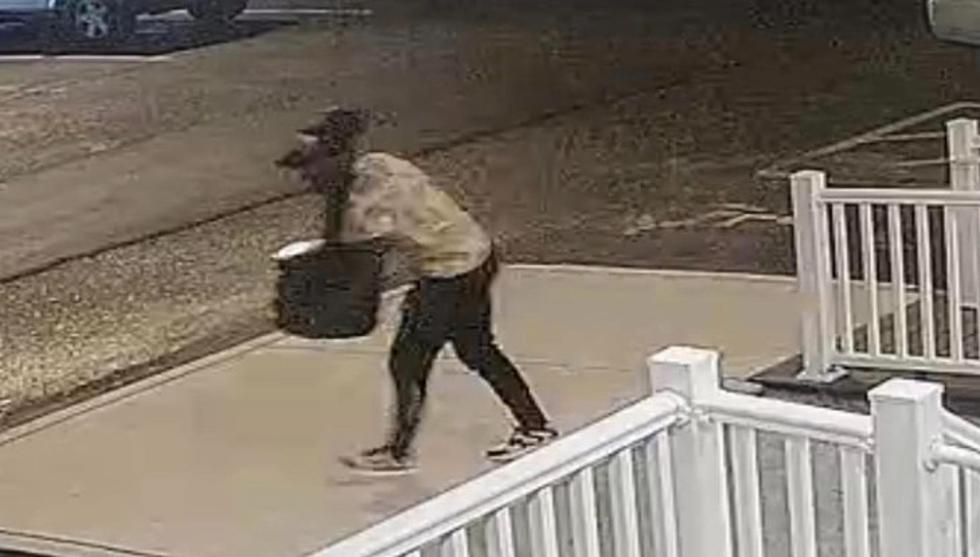
NJ lawmakers move to ban ‘dangerous,’ unregulated Delta-8 products
Gloucester County resident Michael Gillespie's son was just 14 years old when he purchased a legal cannabis product — in the form of sour watermelon gummies — from a local convenience store and ate everything inside the package.
The teen later separated from his friends, became disoriented, and passed out in the woods, prompting an 11-hour police search.
He was found, nearly lifeless, and brought to the hospital. And when he had finally recovered enough for a conversation with his family, he gave his father the wrapper of the "candy" he had purchased.
According to Gillespie, it looked exactly like the Trolli candy he had purchased for his kids when they were little.
"It was the same packaging, the same everything," Gillespie said. "I was blown away. We had no idea this was out there."
One distinct difference was a sticker on the packaging that read "delta-8" and indicated that the product should not be sold to anyone under the age of 21.
"I was shocked that these products were allowed in local stores," Gillespie said.
Products containing Delta-8 THC are legal because they're considered "hemp" under a 2018 federal law. But officials and cannabis experts say access to these products spreads well beyond vape and smoke shops, and manufacturers may either be misleading about how much delta-8 is in their products, or truly don't know the amount.
That's a main reason for a legislative push to essentially prohibit the sale of delta-8 products that don't align with New Jersey's cannabis laws.
According to federal officials, the natural amount of delta-8 THC in hemp is very low, and additional chemicals are needed to convert other cannabinoids in hemp into delta-8.
Brett Goldman, chair of the New Jersey Cannabusiness Association's hemp committee, said delta-8 falls in a gray area of regulation and poses significant public health concerns.
"The absence of clear guidance on safe and effective dosage means that consumers may unintentionally ingest larger than needed quantities, potentially leading to unforeseen health consequences," Goldman said.
The Assembly Health Committee advanced a measure on June 5 that attempts to get rid of the delta-8 products one can find at a corner market.
"This is packaged to look like candy, it is marketed to children, and it is very dangerous," said Assemblyman Paul Moriarty, D-Gloucester, a sponsor of the measure.
As he awaits further action on legislation, Moriarty is also speaking with the executive branch to see if there's a quicker route for action.
"I believe that this is such an imminent threat that these should be removed through an executive order," Moriarty said.
A Senate version of the bill does not exist.
On its website, the U.S. Food & Drug Administration noted that poison control centers throughout the country recorded more than 2,300 delta-8 THC "exposure cases" between January 2021 and February 2022.
Report a correction 👈 | 👉 Contact our newsroom
Places in New Jersey where you can now carry a legal gun
Biggest NJ company layoff notices in 2022 and 2023
More From SoJO 104.9 FM




![Watch Ed Sheeran Surprise Tailgating Fans at E. Rutherford, NJ Concert [VIDEO]](http://townsquare.media/site/398/files/2023/06/attachment-Ed-Sheeran-MetLife-Stadium.jpg?w=980&q=75)




